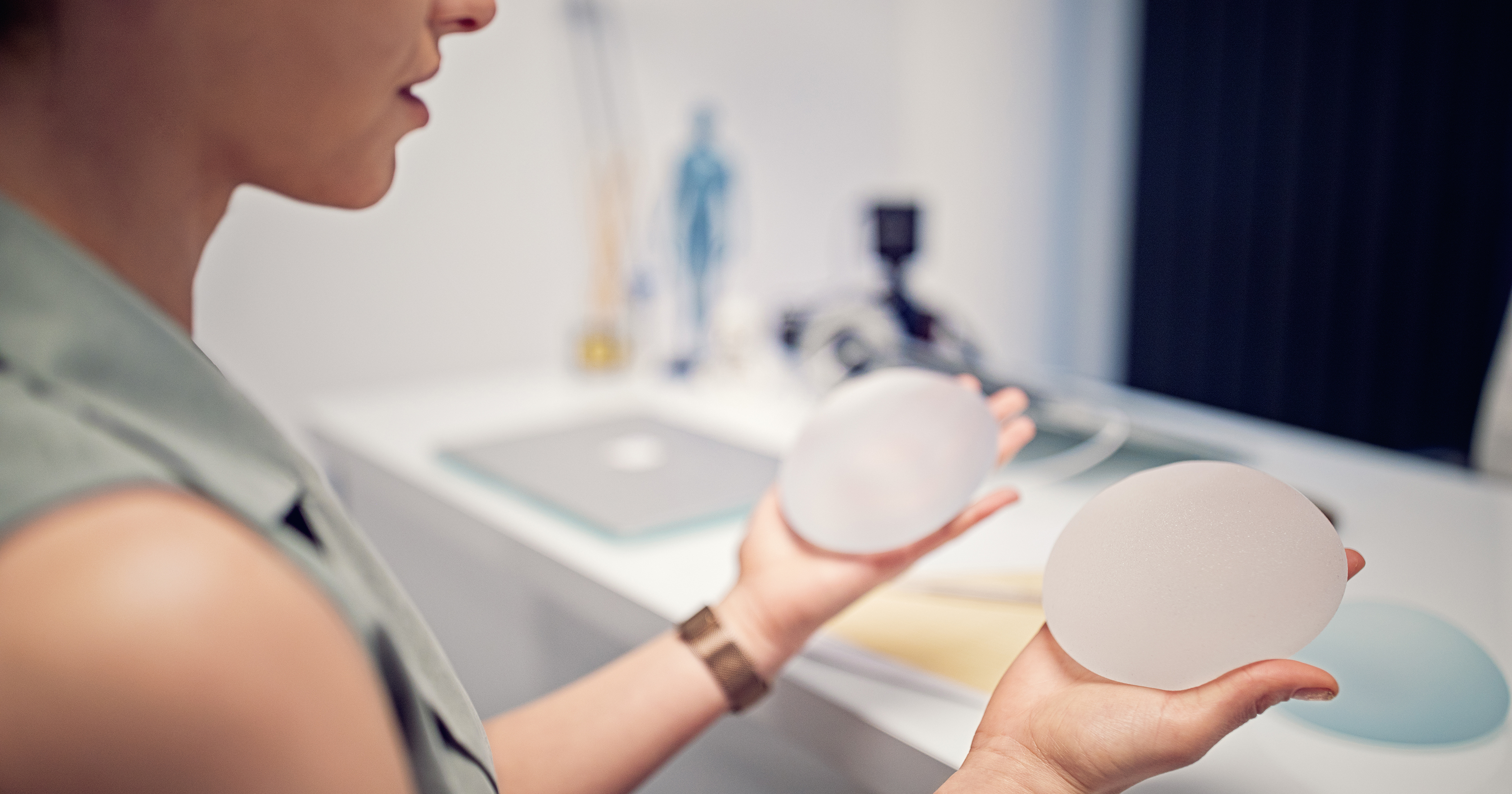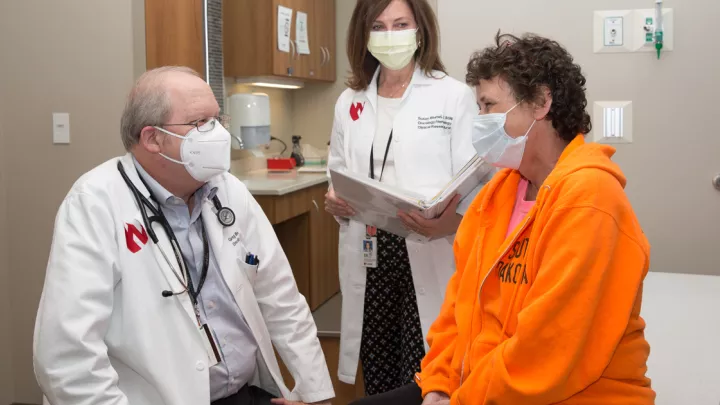Considering breast augmentation? Here are the latest updates

Breast augmentation is one of the most popular cosmetic surgeries, but there are many misconceptions about the procedure. Below, Perry Johnson, MD, board-certified plastic surgeon, discusses some of the preconceived notions around breast augmentation safety and cost, and recent changes in breast implants.
Reasons to consider breast augmentation
It’s no secret that breast implants are most often used to increase a woman’s breast size. But there are many other – and sometimes surprising – reasons to undergo breast augmentation, such as:
- Reestablishing a natural look after mastectomy or weight loss
- Repairing congenital breast asymmetry, a condition affecting breast size and shape
- Restoring lost breast volume after having kids
- Reducing sagginess and signs of aging
- Correcting problems from a previous surgery
Changes in breast implants
Today’s breast implants are much more advanced than a few decades ago. Many different implant styles exist with a variety of dimensions. Depending on your specific goals and anatomy, implants can be placed in front or behind the muscle. Additionally, textured implants, which were available for many years, are no longer offered. They were recalled after scientists linked them to a rare form of non-Hodgkin lymphoma called anaplastic large cell lymphoma, or ALCL. The textured implants presumably caused more inflammation – and posed a greater risk – than smooth implants, which are used today.
Other significant changes include:
- Better shells – The shells of today’s breast implants are made of silicone, which has low toxicity and does not react with other chemicals
- Increased cohesiveness – Highly cohesive silicone is stronger, making today’s implants safer than previous versions
Choosing the right size and type of breast implants
There are two types of breast implants:
- Silicone – Curated to feel more like natural breast tissue and soft to touch
- Saline – Usually firmer, fuller and rounder than silicone, so they may look and feel less natural
The incisions for placement of the implants can be under the armpit, around the nipple or under the fold of the breast. Using the latest endoscopic technology, plastic surgeons can minimize scars by placing the implants through small incisions. The best position and incision will vary based on your goals and anatomy.
The right size for you may be different from what you initially thought. When it comes to implant selection, bigger is not necessarily better. For many women, moderately sized breast implants can complement the body’s curves beautifully, creating a more balanced figure. For the most natural results, your implants should match your current dimensions and characteristics regarding breast width, diameter and position on the chest.
Breast augmentation cost
Breast implant cost varies by location, doctor and type of implant. Typically, breast surgery ranges from $5,000 to $10,000. Because it is considered a cosmetic procedure, most insurance plans will not cover it. However, insurance typically covers breast implants for anyone who has had a mastectomy or those with a history of congenital asymmetry. Check with your insurance provider about your specific plan.
Breastfeeding after breast surgery
There have not been any reported health issues in infants of mothers who breastfeed with implants. New mothers who have had previous breast or nipple surgery can breastfeed their newborns, but breast surgery can potentially affect milk supply. If you’re considering a breast augmentation, lift or removal, talk with your doctor about your goals for breastfeeding.
As with any procedure, there are risks associated with breast augmentation, but it is generally safe. The procedure has been around for many years, and several changes have been made to improve breast implants. Nevertheless, it’s important to talk to your doctor about your concerns. Your plastic surgeon will discuss your options based on your specific goals and anatomy to help you choose what’s best for you. For more information or to schedule a free consultation, call 402.596.4000.







